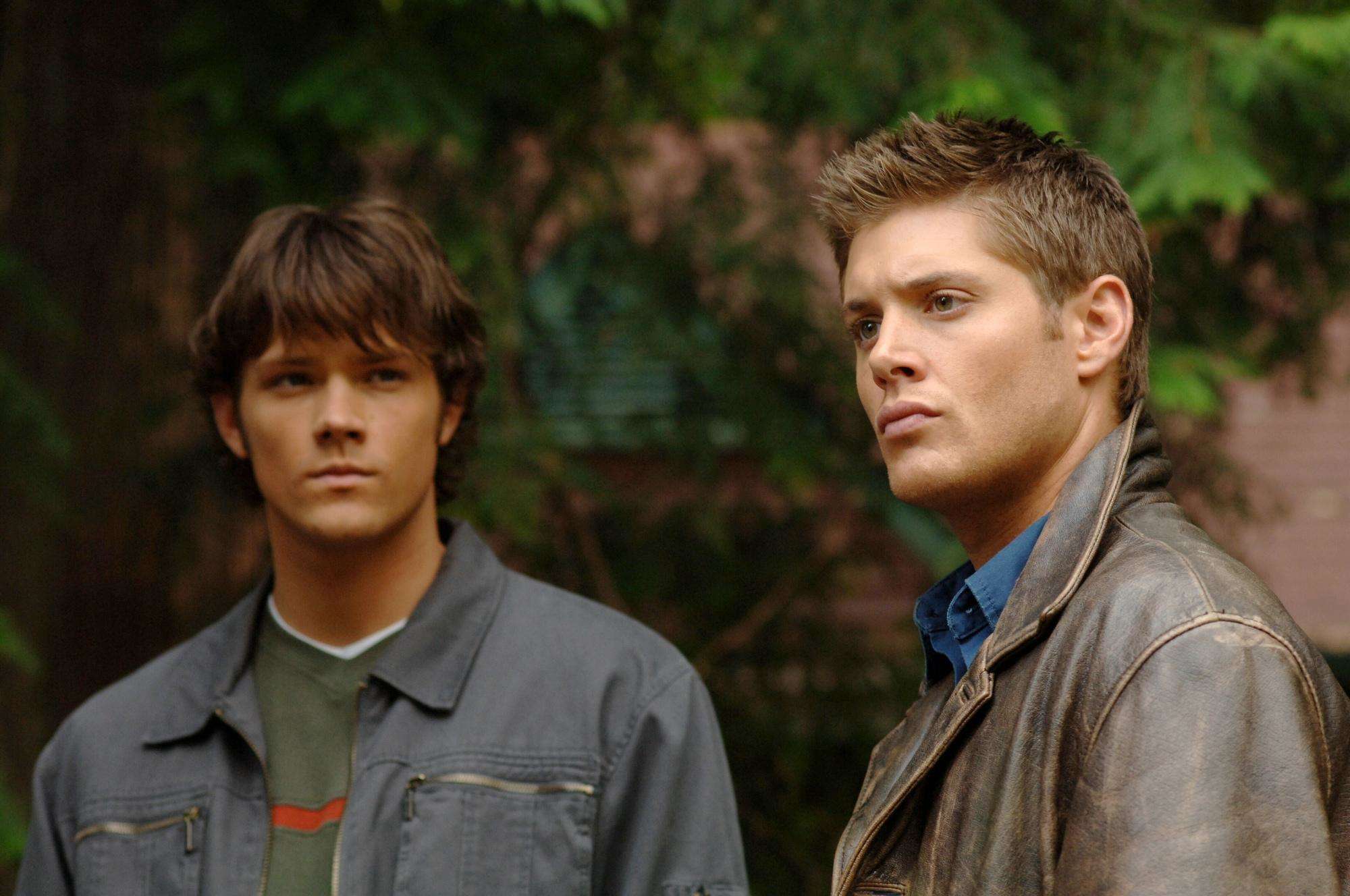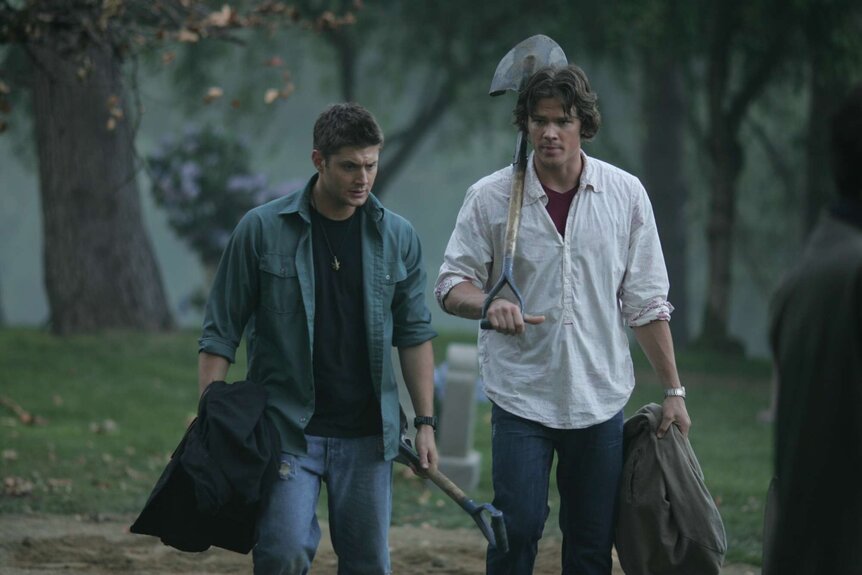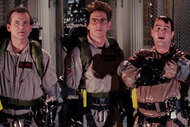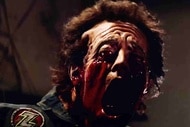Create a free profile to get unlimited access to exclusive videos, sweepstakes, and more!
The first five seasons of Supernatural are still perfect

There’s this conversation Sam and Dean have in the first season of Supernatural as they travel across the country looking for their missing dad that sticks with you when you rewatch the series knowing what the coming years hold for them. Dean Winchester (Jensen Ackles), ever loyal to his father to a fault, is intent on dedicating the brunt of the duo’s energy to finding him. Sam (Jared Padalecki), on the other hand, left a life he made for himself to join his brother on this quest, and he’s growing weary of it. He starts to point out all of the ways in which John Winchester failed them as a father and argues that they don’t owe him anything, even going so far as to call out his brother’s blind allegiance to their father.
Alone, it’s a well-written scene that sets the stage for the remainder of the season to come. It’s when you pair it with an identical conversation that takes place in Season 5 that you start to realize just how far ahead showrunner Eric Kripke and his team were thinking when they wrote that first scene. That identical conversation takes place between Lucifer and the archangel Michael in reference to their own lousy deadbeat dad: God. And Sam and Dean? They’re the chosen vessels for these entities.
In that moment, it’s hard not to appreciate just how far the show has come without straying from the path it originally forged for itself — even if the road proved bumpier than the writers' room may have initially imagined it might be. Fifteen years ago, Supernatural premiered on The WB (remember The WB?) and introduced us to Sam and Dean Winchester, two estranged brothers who grew up hunting monsters with their father. When Sam’s fiance is killed by a sinister force resembling the same that took their mother from them years ago (a death that coincides with their father going missing), he’s forced to rejoin his brother as a hunter of things that go bump in the night.
Right from the start, the show stood out as one of the better genre procedurals of its time. While in retrospect, those first couple of seasons are marked by certain hallmarks of the time that haven’t aged entirely well (haircuts, an oversaturated and grimy color palette, digital film grain), it’s somewhat remarkable just how steadily the show escalated from its humble beginnings as a (literal) monster-of-the-week procedural to a (literally) biblical clash between the forces of good and evil without ever losing track of its core story, that being the arc of the Winchester brothers.
In the interest of fairness, the show definitely hits a bit of a snag around Season 3, but even that’s understandable given context — it was produced during the now-infamous 2007 Writers Guild of America strike, which derailed TV and film production for months. It’s a shame, as the show’s second season expanded the mythology in a gradual, organic fashion capped off with a banger of a finale that stands as one of the show’s finest hours: Sam gets murdered, Dean brings him back to life by selling his soul to a crossroads demon, they finally kill the Yellow-Eyed Demon that has so long plagued their family, and then a literal gate to hell is opened, unleashing an army of demons onto Earth. The season that followed is shortened to 16 episodes and is plagued by a general inconsistency (and an unfortunate miscast in Katie Cassidy as the demonic Ruby).
Not every show recovered from the fallout of the writers' strike (looking at you, Heroes), but Supernatural managed to make do. By the time Season 4 rolled around, the show was back to firing on all cylinders, thanks largely to a Season 3 finale that saw Dean dragged, kicking and screaming, into hell. It’s from here that the show’s escalation accelerated, relying more and more heavily on demonology as biblical rather than supernatural. The show’s original storyline (more on that later) wraps up in its fifth season, with the literal apocalypse on the horizon and Sam and Dean now revealed as the chosen vessels of Lucifer and Michael, the bodies through which the battle that razes the earth shall be waged. It’s a season of television that feels like an ending (and, to some, perhaps should have been), with longtime recurring characters meeting heartbreaking ends and a twist or two (looking at you, Trickster) that upend your understanding of the four prior seasons entirely. By the time the closing shots of the finale come, the show has given its viewers one of the great endings in genre television — even if it isn’t technically the end of the show itself.
All in all, it’s a pretty remarkable run. The show’s first five seasons manage to balance an expansion of world, stakes, and lore with the gradual growth of its main characters, never straying from the inevitable conclusion its story builds toward. Every plate spinning in the show’s finale does so on top of another set into motion the seasons before. You could hardly be blamed for calling it quits after watching the Season 5 finale.
The 10 seasons that followed saw a variety of showrunners come and go, taking the Winchesters on new adventures through the world Kripke and company built before. It’s those seasons that helped to build and sustain the show’s now-legendary/notorious fandom, and that is, in its own way, a pretty remarkable accomplishment. But none of it is possible without the foundation provided by those spectacular first five seasons, a run that transcended the trappings of procedural television and classic rock tributes/needle drops to become something more: a story about giving a massive middle finger to the concept of fate and instead forging your own path — preferably from the driver’s seat of a classic Detroit muscle car with an AC/DC cassette blaring through its speakers as you speed off into the night.



























